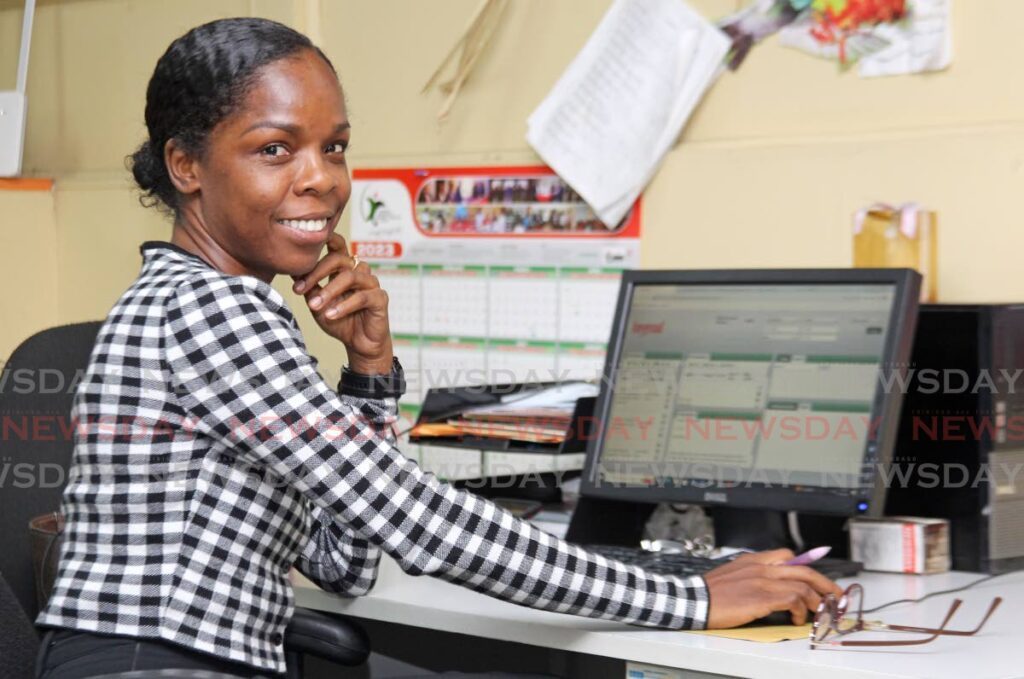Press freedom critical now more than ever

TT PUBLISHERS AND BROADCASTERS ASSOCIATION
In this age of social media press freedom remains absolutely critical. One might be tempted to believe that the voice given to entire populations at large, via the software platforms, is sufficient. Is it really?
It used to be that any discussion on press freedom would start by highlighting the boldest of big-government encroachment into free speech, missing journalists, questionable arrests and the like.
While these remain paramount in our discussions, the burgeoning social media platforms, which now fill the mind-space of the world’s populations, and with it many alarm bells from a decade prior, have come into being. The free press now have another Goliath with which to treat.
The traditional power that we know, and on which we have maintained a focus for the public we serve, has, not so suddenly, an equal amorphous power.
The combination of concentrated capital, software platforms and big data, have played a role in transforming societies and habits for news consumption, and for marketers, instant gratification and how to influence opinion. With it, inadvertently or otherwise, the fake news phenomenon has already had a sinister effect.
Legislatures have not even begun to debate, consider and formulate how to treat with the problem, hence we are saddled with a legal system with laws that are some distance behind present needs.
This phenomenon has created, a situation in which the traditional press have their product lifted whole sale and distributed illegally, free of charge, on social media platforms, thereby denying these companies the legitimate expectation of revenues for the sales of their product.
Occasionally, and particularly during election periods, the illegally distributed product carries political ads not in the official edition, and include “stories” not published under that masthead.
Perpetrators of such acts have nothing to fear, as police fail and/or refuse to investigate, perhaps not having the wherewithal in spite of powerful IT capabilities.
The media brand is used for its credibility and to reach a market for the messaging to sow confusion, all the while, decimating sales and reach - the lifeblood of media - threatening their ability to continue in operation.
In broadcast media, cybersquatting (using names close to the actual brand) remains rampant without action by the big tech platform providers. The platforms, replete as they are, with instances of libel, and violent video and images of questionable taste, which the traditional media are unable to carry (and would not) appeal to many and catch the interest of some of the more discerning, threatening press freedom existentially.
So it is that the established media has set about refashioning the product and carving its space in the area that it had always been intended to serve in free, democratic societies, a check on Government and the powerful, and to follow and educate on the major issues of the day.
Environment, climate change, new scientific development and social justice issues easily come to mind. The official theme for World Press Freedom Day 2024 was, A Press for the Planet: Journalism in the Face of the Environmental Crisis, and the local press can be counted upon to have this coverage.
Several journalists have attended training in this regard. The past year on the local front has not seen any major political upheavals which impact press freedoms.
We would hope that this continues and note that Trinidad and Tobago registers very well at 25th of 180 countries on the RSF Index maintained by Reporters without Borders. On the international front, the challenges to media coverage of organized criminal activity needs to be monitored closely.
Here, the numbers show morbidly, 54 journalists held hostage, 84 missing, 45 killed and 521 detained.
This is not just a reminder to all of our citizens of our need to remain vigilant but it also is important to reflect on the significant difference in work performed and real risks faced by the journalists functioning as professionals, and representing established media, versus the individualism of the social media world.
Our recognition of these journalists in pursuit of their work and their craft may not be enough. We salute them all. The TTPBA thanks the citizens of Trinidad and Tobago for their continued support of our journalists.
Editor's Note: World Press Freedom Day was observed on Friday April 3, 2024.


Comments
"Press freedom critical now more than ever"